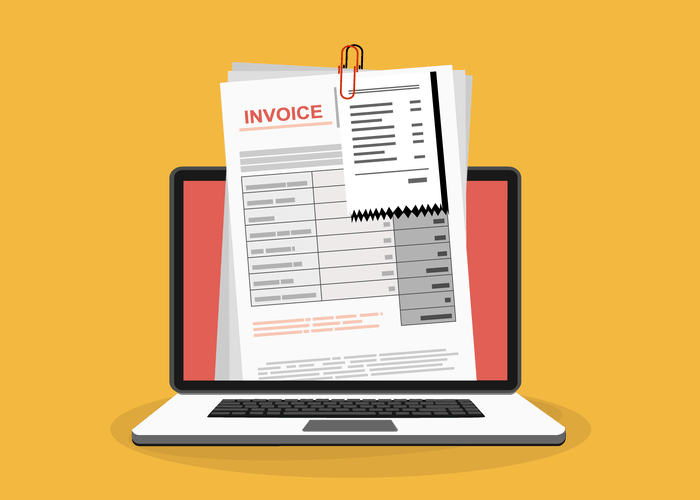It’s easy to get bogged down in the day-to-day and lose sight of your big-picture goals. But tracking your business expenses is essential for making better financial decisions and boosting your bottom line. Today, you will be most likely paying most of your expenses digitally through your business bank account, so consider just how many business transactions you are going to have in a given month. Typically this will depend on the bank you go with but don’t get distracted by rewards or other incentives that are designed to get you to sign up. Consider them, sure, but decide if they are worth the extra costs involved or if you are sacrificing some other benefits.
That’s why the IRS recommends keeping separate accounts for your personal and business expenses. Some businesses choose to use electronic accounting software programs or some other type of electronic system to capture and organize their records. keep track of business expenses The electronic accounting software program or electronic system you choose should meet the same basic recordkeeping principles mentioned above. All requirements that apply to hard copy books and records also apply to electronic records.
Tracking business expenses identifies potential cost savings.
Additionally, many of the apps will let you scan receipts so you can digitize important documents, store transactions data, monitor statistics, and more. Take the Joist electrical estimating app for contractors as an example. It lets users calculate project expenses upfront, share this info with prospective clients, and also issue invoices with ease, all under one roof.
It’s best to restrict all business spending to one or two business cards. Just make sure you always save receipts so no expense goes untracked. Your accounting software might allow you to create your own categories for automatic sorting. If you don’t have accounting software yet, you can manually sort your expenses in a spreadsheet or journal. According to the IRS, business expenses must be ordinary and necessary to be deductible. For example, taking clients out to lunch is an ordinary and accepted sales practice.
Why tracking business expenses is important?
Tracking can also provide a clear financial record to lenders, improving the chances that a business can secure the funding it needs to grow. In addition to digitally tracking expenses, take photos of physical receipts for cash payments or payments made on a personal credit card. For example, if an employee takes a client out for lunch and pays with their card, ask them to record the transaction by taking a photo of the receipt and sending it to you for your records. We narrowed down our ranking by only considering apps that specialize in tracking expenses and have at least a free trial or refund to test the app out. We favored those with a considerable number of user reviews and high ratings. Expense tracker apps connect to your bank account and/or credit cards to track and categorize your expenses, giving you a good idea of your purchasing behavior.
15 Self-Employment Tax Deductions to Know – NerdWallet
15 Self-Employment Tax Deductions to Know.
Posted: Mon, 22 Apr 2024 07:00:00 GMT [source]
This is a helpful tool to use in combination with any of the methods listed above. For example, you can plug the expenses on your monthly statement into your spreadsheet or app. By tracking business expenses, you can gain a better understanding of how much money you’re spending to keep your operations running.
Should I use an expense tracker app?
Part of the reason to track your expenses is to make sure you don’t overspend. With PocketGuard, you’ll get alerted whenever one of your spending categories is almost over its limit, giving you a better idea of how much you can afford to take on. You don’t want to keep large amounts of cash around, for obvious safety reasons. However, if you keep petty cash on hand, make sure you’re keeping track of who is taking money from your petty cash fund and how it’s being spent. Tracking business expenses may seem daunting at first, but knowing where to start can help you get organized and stay that way. You can hire an accountant or financial advisor to help you prepare financial statements.
Your books must show your gross income, as well as your deductions and credits. For most small businesses, the business checking account is the main source for entries in the business books. It’s easy to make this part of your everyday routine thanks to expense tracker apps that help you manage your money on the go. These apps certainly overlap with budgeting apps, but while the latter provides a big-picture view of your finances, expense tracker apps put more of an emphasis on your spending.


